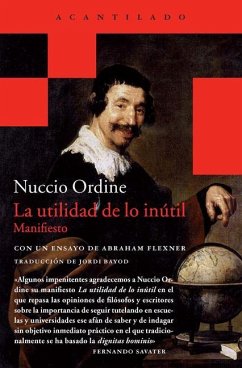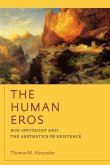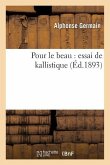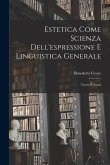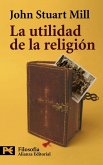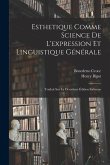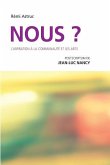In this thought-provoking and extremely timely work, Nuccio Ordine convincingly argues for the utility of useless knowledge and against the contemporary fixation on utilitarianism--for the fundamental importance of the liberal arts and against the damage caused by their neglect. Inspired by the reflections of great philosophers and writers (e.g., Plato, Dante, Montaigne, Shakespeare, Borges, and Calvino), Ordine reveals how the obsession for material goods and the cult of utility ultimately wither the spirit, jeopardizing not only schools and universities, art, and creativity, but also our most fundamental values--human dignity, love, and truth.

